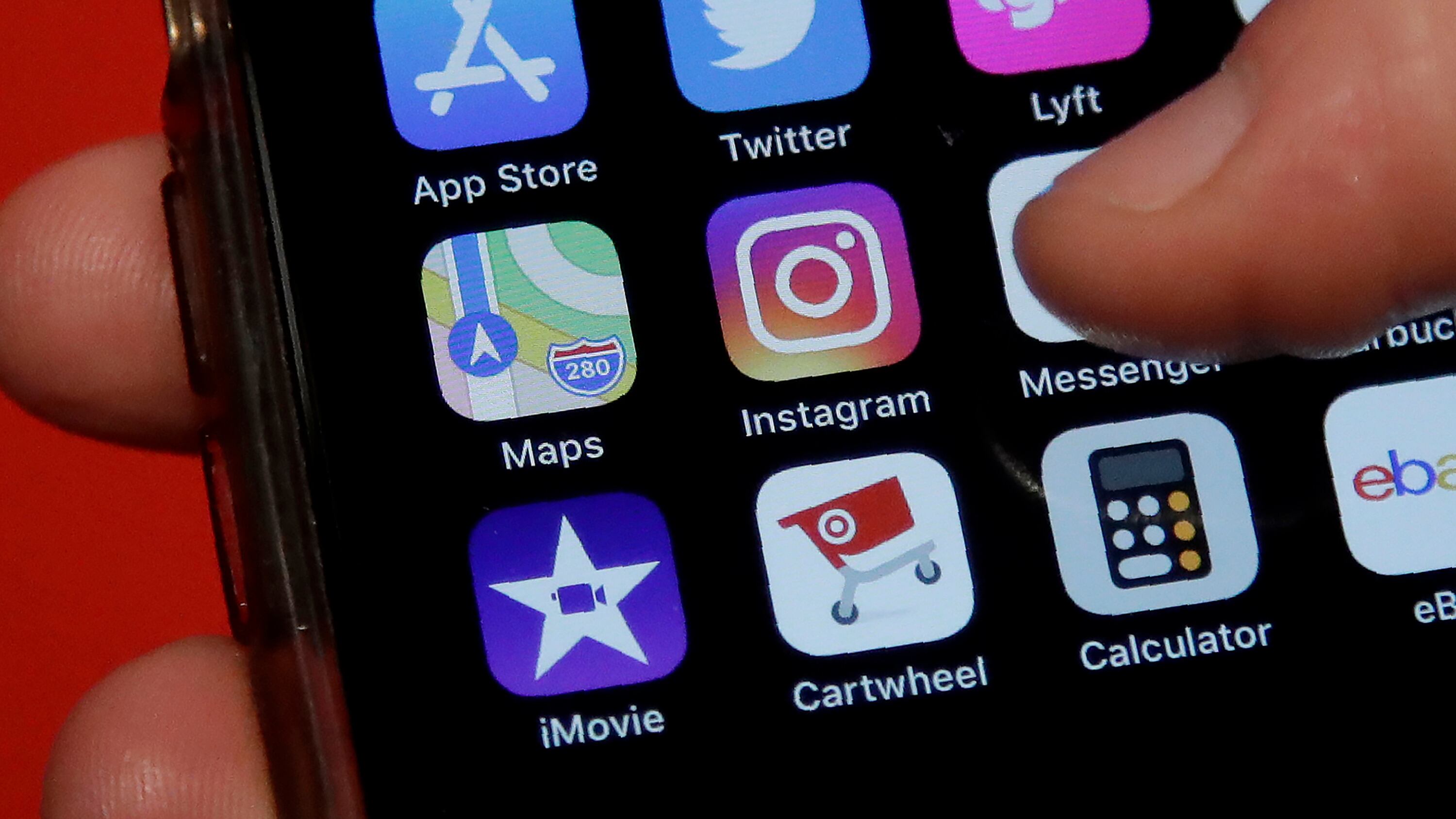Instagram is testing a feature today on a small group that allows users to remove the ability to see the amount of likes a post receives, in hopes of avoiding the feeling of anxiety and embarrassment that comes with posting. Although the test starts today, Instagram has accidently released the test to the public in March.
“We’ve been testing a new experience to hide likes on Feed posts,” Instagram Comms— the official Twitter account for Instagram— said in a statement 18 hours later. “We unintentionally added more people to the test today, which was a bug — we’re fixing this issue and restoring like counts to those people as soon as possible.”
This “unintentional” mistake led to a major question: Since Instagram is experimenting with the removal of likes, does this imply that “likes” will be a feature of the past?
Tianna Winters, a social media strategist and owner of “Tianna Winters Media,” has a team of eleven people in charge of marketing a range of businesses— from managing coffee shops to animal hospitals, salons, and retail. When Instagram hid users’ likes, she said it did not affect her work.
“Those [likes] are vanity metrics,” Winters said. “As an agency and for our clients, we have never been obsessed with likes. So that doesn’t really bother us whatsoever.”
Although the number of likes is a factor most users pay attention to— it is a “vanity metric,” which, according to Winters, means that while a user could look good in their post it doesn’t necessarily equate to engagement.
Instead, Winters and her team value engagement metrics which measures the effectiveness and interactions of the post. These things include comments, direct messages, responses to stories and overall interactions with the post.
Social media is constantly evolving and upscaling. “They’re always trying to change along with the trends,” Winters said.
Paige Goedderz, an incoming law student at USC, says that she would be disappointed to see likes disappear because she takes pride in her social media accounts and engagement.
“I just think it’s in our nature to quantify everything in today’s world and I don’t see that going away anytime soon,” Goedderz said.
Isabel Fernández-Hernáiz, a USC Public Relations and Advertising graduate student, thinks the future of Instagram seems “murky.”
“It’s trying to be all social media platforms at once, and that is just not feasible in the long run,” Fernández-Hernáiz said. “It’ll either collapse onto itself like a dying star, or it’ll cut back on all the features it is trying to have and focus on its main mission of photo sharing.”
On a positive note, Fernández-Hernáiz said that in eliminating vanity metrics such as viewing the number of likes, she feels less pressure about posting.
“It made me feel better not having a number next to my post. It relieves pressure on the average person to perform a certain way,” Fernández-Hernáiz said.
Megan Nehme, a USC Strategic PR & Advertising graduate student sees the removal of likes as Instagram undergoing a shift in the app’s purpose.
“I think the app might transition into looking more like a marketing and business tool, than a personal profile,” Nehme said.
Instagram has begun this process to become a more business-like model, with incorporating shopping features to the app.
Matthew LeVeque, a USC Public Relations professor, said this shift may impact Influencers the most, who use likes to help determine charging rates for posts.
“If you’re taking away some of the metrics for engagement, it would be interesting to see how influencers establish their price value,” LeVeque said. “How do they establish what their worth is to people on the outside?”
Influencers’ lives revolve around social media analytics. The “likes” feature has established influencers’ livelihoods, by being able to validate their content, according to Business Insider.
Regardless of Instagram’s final call, LeVeque thinks the removal may be a good thing, as likes can take a toll on a student’s emotional or psychological needs.
“I talk to students and hear that if you don’t get (X) number of likes or (Y) number of this, they’re disappointed. Chasing that psychological need could be problematic,” LeVeque said. “With Instagram experimenting with turning off the likes, I think that would be a good thing to do.”
